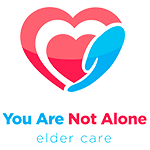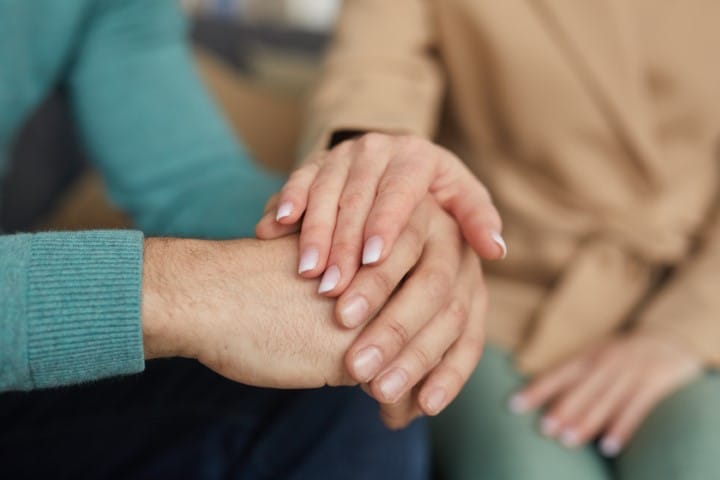When we are told that we are going to die, a lot of thoughts go through our heads. “I’m not ready,” “I have so much to do,” “How am I going to tell my loved ones,” “I don’t know what is going to happen to me.” Now, some of these thoughts may be more age-dependent and dependent on the circumstances, but typically, at the end of our lives there is a lot of uncertainty.
End of life doulas are there to help guide you through the process of death. The role of an end of life doula is to calmly and lovingly guide and educate those who have received a terminal diagnosis and help them navigate through each phase of the dying process. There is much more to it than that. Doulas help their patients plan out their deaths one step at a time. Think of an end of life doula as your own personal advocate. A doula is there to help you maintain boundaries, make any necessary plans, and help make the transition from life to death as comfortable and calming as possible.
Doulas also assist you with performing any legacy work, which is how they practice guiding those who are dying to create tangible artifacts that can be left behind for loved ones. These can really be anything. Sometimes it’s a photo album, old family recipes, or a collection of home movies for everyone to share. Whatever they want to leave behind for those they love, doulas are there to help along the way.
As death approaches, it is important to maintain a sense of calm not only for the dying, but also those around them. We hold the hands of our clients as they pass through the active-dying phase to ensure that their transition is as peaceful as possible. Once the active-dying phase has come and gone, and the person has passed on, a doula is still going to be there for the family. In the weeks following death, the doula typically meets with loved ones to help the process and discuss the loss that they have faced.
When faced with the uncertainty and plethora of emotions that come with death, an end of life doula will be there to help every step of the way. Having someone there to advocate, help, and care for you in your final hours can make the experience less scary and more peaceful. Family members, loved ones, and anyone else involved will feel much more at ease knowing that there is someone fighting for them.

